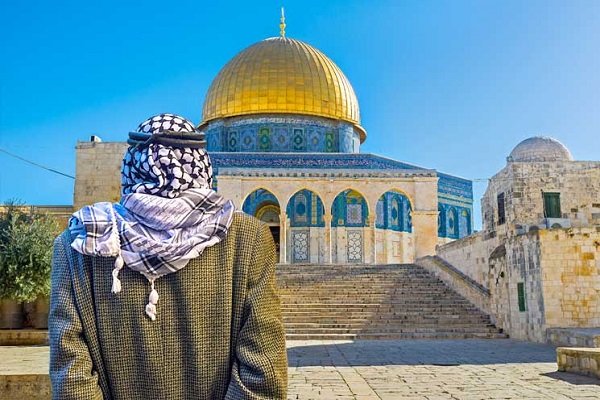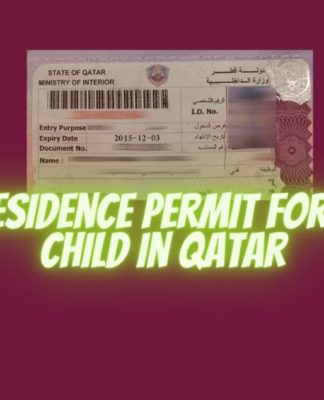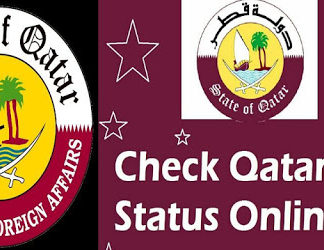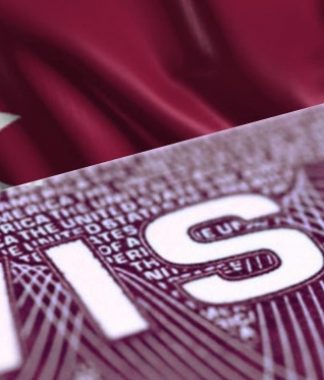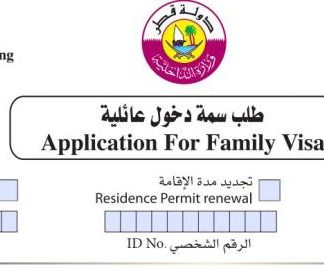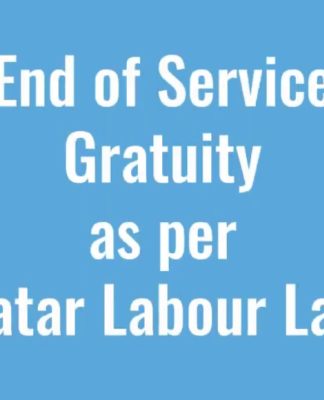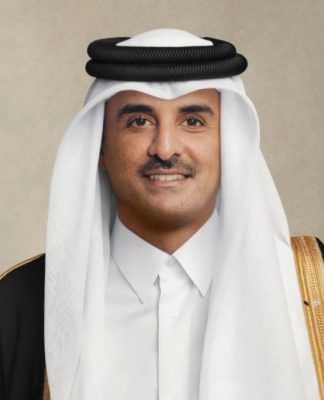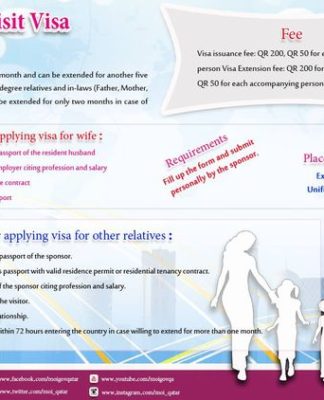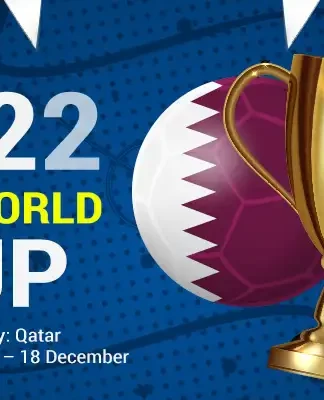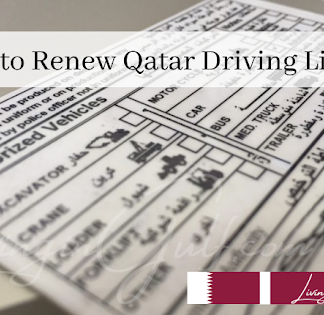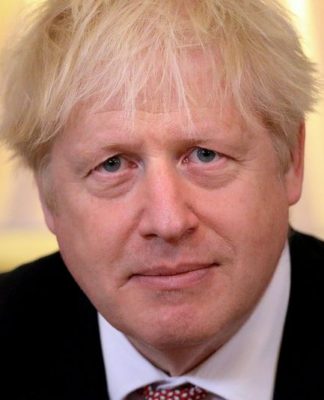Qatar has always been accused by the blockade countries of having undeclared relations with Israel, and this accusation went to undermine Qatar’s policy and betray its diplomatic vision, which turned upside down after the signing of the agreement between Tel Aviv – Abu Dhabi and Tel Aviv – Manama.
The torrent of accusations and criticisms that were directed at Doha were based on several reasons, especially since Doha is located in the axis against Israel’s expansionist policy, and is working to limit its aggression against the besieged Gaza Strip for more than 14 years. Investigated on the ground for the benefit of the Palestinian people in Gaza?
Qatari mediation
In early August 2020, the Gaza Strip prevailed in a state of field and military tension, as a result of almost daily raids launched by the Israeli occupation army, on sites that he said “belong to the Islamic Resistance Movement,” Hamas, and Tel Aviv issued a number of decisions that caused the tightening of its siege.
These decisions were represented in closing the sea completely to fishermen until further notice, preventing the entry of all types of goods and goods into Gaza, and preventing the entry of building materials and fuel, which caused a severe electricity crisis as the number of hours of power outages exceeded 20 hours per day.
This came in light of the lethality of the Corona virus in the Gaza Strip, with the increase in fears of a wider Israeli aggression, or a comprehensive war similar to military operations during the past years.
On August 30, 2020, Qatar intervened on the crisis line, when His Excellency Ambassador Muhammad Al-Emadi, Chairman of the Qatari Committee for the Reconstruction of Gaza, said in a statement: “There is deterioration in various sectors as a result of the continuation of the (Israeli) blockade.”
A day later, Hamas announced that its political bureau chief, Ismail Haniyeh, discussed with the Qatari Minister of Foreign Affairs, Muhammad bin Abdul Rahman Al Thani, the situation in the Gaza Strip.
On September 1, 2020, Doha announced, “the success of its efforts to reach a truce agreement between the Gaza Strip and Israel, and to prepare for the implementation of projects that serve the people of Gaza and mitigate the effects of the blockade imposed on it for years.” .
One day after this announcement, that is, on September 2, 2020, His Highness Sheikh Tamim bin Hamad Al Thani, Emir of Qatar, Emir of Qatar Sheikh Tamim bin Hamad Al Thani, received in his office, Jared Kushner, Senior Advisor to the US President, where His Highness confirmed during the meeting his country’s position calling To find a just settlement of the Palestinian issue.
He also stressed that Qatar calls for “a just settlement of the Palestinian issue on the basis of international legitimacy resolutions, the Arab peace initiative and on the basis of the two-state solution.”
On the same day, the Israeli newspaper “Haaretz” published an opinion piece by the American academic, Mark Owen Jones, who specializes in Middle East studies, entitled “The real peacemaker this week is Qatar, not the Emirates, here’s why.”
The article written by Jones, a lecturer at Hamad bin Khalifa University in Qatar, stated, “It is ironic that all this fanfare about a false peace between the UAE and Israel has distracted attention from making peace in the real world in which Doha was involved, in the same week, and sought to calm the situation. Escalation in Gaza. “
And he added, “Hamas and Israel have agreed, with Qatari sponsorship, to stop cross-border bombing. Since August 6, Israeli warplanes have bombed Hamas sites in Gaza, after the latter launched explosive balloons and several missiles over the border fence.”
He said, “The Qatari policy constituted an important component for establishing an effective truce between Hamas and Israel since November 2018.
From this logic, it can be said that Qatar has taken a specific strategy in communicating with officials in Tel Aviv to achieve the success of mediation and calm and stop the killing of Palestinians, as Doha’s policy succeeded in reaching that force to make a difference in negotiations and mediation, and to achieve a clear regional weight.
Freedom of opinion in Qatar
Doha witnessed a shocking event, when Israel celebrated its victory in the Gymnastics World Cup by playing the Hebrew national anthem.
The official page of the Israeli Ministry of Foreign Affairs published on Twitter “Israel in Arabic”, a video clip showing the Israeli player “Alex Chatilov” receiving the gold medal, and this was followed by playing the Israeli anthem and raising the occupation flag on the land of Qatar.
“Israel in Arabic” stated: “Watch … the Israeli national anthem Hatikva (Hope) in Qatar. Israeli gymnast Alex Shatilov won today a gold medal at the Doha World Cup.”
Freedom of opinion was preserved without prejudice in Doha, where the “Qatar Youth Against Normalization” group launched the label “Normalization Baskam” (enough for normalization), in which they denounced the Israeli doctor’s call to talk about children’s issues, at a time when the occupation continues to kill Palestinian children and abuse Their rights.
It seems that the road is still too long for diplomatic recognition between Doha and Tel Aviv. This was confirmed by Her Excellency Mrs. Lulwa Al Khater, Assistant Minister of Foreign Affairs and Spokesman for the Ministry of Foreign Affairs, who said that the State of Qatar will not join the neighboring Gulf countries in establishing diplomatic relations with Israel until the dispute is resolved. With the Palestinians.
Al-Khater said, “We do not believe that normalization was the core of the Palestinian-Israeli conflict, and therefore the solution could not be normalization, pointing out that the essence of the conflict is about the harsh conditions that Palestinians live as people without a homeland and their suffering under the weight of occupation.”














